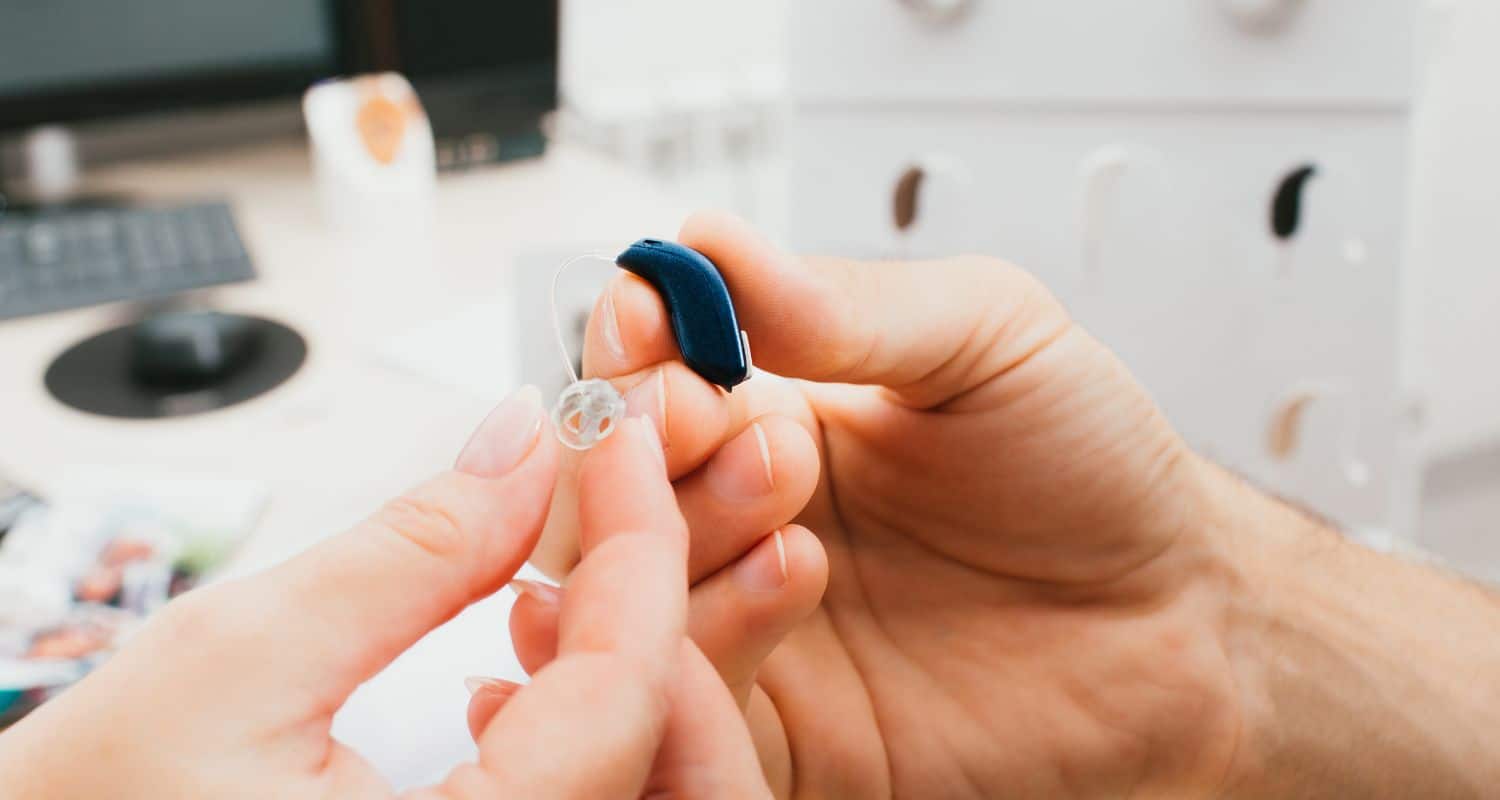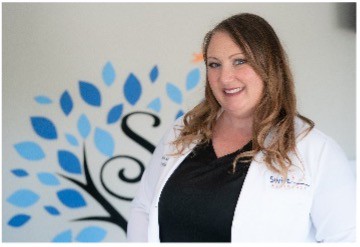
Over the counter (OTC) hearing aids will be available in October. These particular hearing aids can be purchased directly, without seeing a hearing professional. They are self-fit and self-diagnose devices. OTC hearing aids have been available online and in magazines for years. OTC hearing aids are for mild hearing loss, and will essentially make sounds louder for the consumer. The FDA regulated these devices for adults only with a mild hearing loss. Children and adults with moderate-severe to profound hearing losses are not approved for these devices.
Many patients are unaware of the main differences between OTC hearing aids and hearing aids that are prescribed by trained and certified hearing care professionals.
- OTC hearing aids are one size fits all.
- There is no professional comprehensive hearing evaluation when purchasing an OTC hearing aid.
- Professional services before, during, and after hearing aids are fit may not be available for OTC hearing aids.
- OTC may not have a return privilege to the manufactures.
- You can not use your insurance benefit towards OTC hearing aids.
- Not being properly fit by a hearing professional could lead to a poorly treated hearing loss, which may result in major health consequences. A trained hearing professional may be able to identify a health issue that requires a referral for future medical attention. No hearing aid maintenance, testing and custom program adjustments may lead to less than favorable results and decline of speech recognition and cognitive function.
What you can do about your hearing is to get professional help. A hearing professional is trained to diagnostically test your hearing and treat it with amplification based on the unique needs of each individual. These medical grade hearing aids can not only help aid in your hearing, they are state of the art medical devices that care for your overall health. They can also help with your balance. Hearing aids now have motion sensors that boost our localization and sense of direction. This is especially helpful when moving or walking for stability. Some brands have fall detection features, with alerts for help, while keeping your cognition sharp and your brain active.
An OTC hearing aid is not a good option for the following patients:
- Patients younger than 18 years old.
- Patients with a significant hearing loss.
- Patients that hear better in one ear than the other.
- Patients whose hearing changed suddenly.
- Patients with tinnitus or ringing, roaring, or noise in one or both ears.
- Patients with a history of taking medication that causes hearing loss.
- Patients with a history of chemotherapy and/or radiation to the head or neck.
- Patients that have a history of drainage from one or both ears.
- Patients with ear pain or discomfort.
- Patients with dizziness.
- Patients with a history of ear or head trauma.
When receiving personalized care from a hearing professional, you get much more than just better hearing. Most hearing aids come with a service package included with the cost. This service package helps maintain the integrity of your hearing aids, cleanings, maintenance, and annual testing and computerized program adjustments. These checkups help maintain your hearing and brain function to its fullest potential which leads to the benefit and longevity of the hearing aids for the patient.
For questions on hearing health, give our office a call at 724-222-9010.
Schedule an Appointment
Dr. Megan Myers-Auria, CCC-A
AUDIOLOGIST – Swift Audiology

